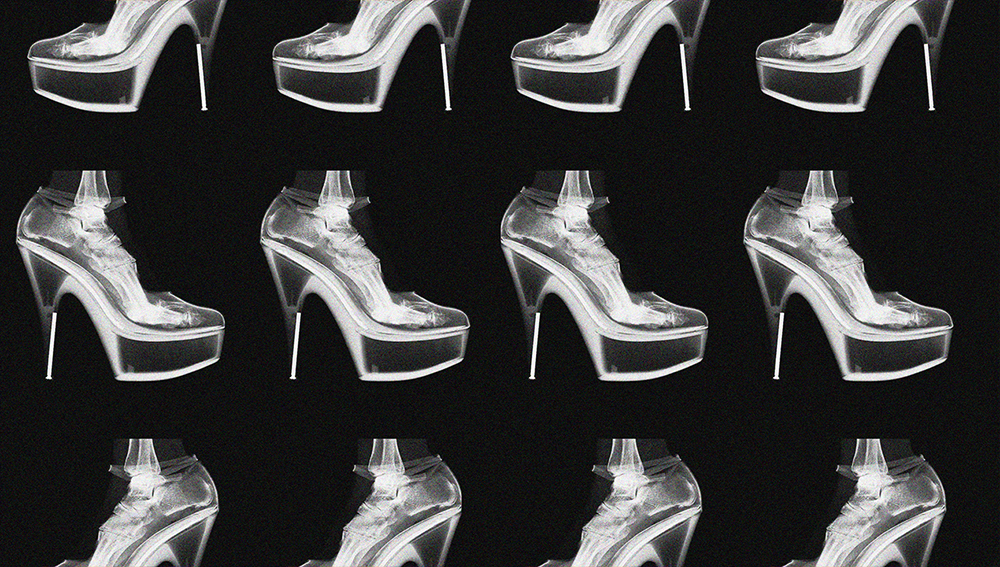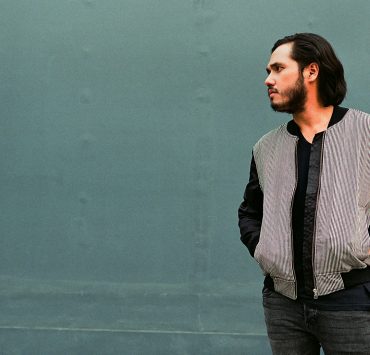You can strut down the city streets in your highest heels or opt for a more comfortable walk in your best flip-flops. Whatever shoe choice you’re making may be keeping your feet looking pretty, but chances are they’re also doing them some kind of disservice. Get behind the good, the bad, and the ugly on your favorite footwear and know that your toes can enjoy both fashion and comfort.
High heels
They may make your legs look leaner, but they’re also putting a huge strain on your lower back.
Good posture doesn’t just involve your spine—even the way your feet are positioned can impact your stance. Elevating your heels brings weight to the balls of your feet, pushes your hips forward, puts your spine out of alignment, and gets you off balance. You could be hyper-extending your knees just to compensate for this misalignment and, oftentimes, you’re dumping a lot of weight on your lower back as well, which could cause pinched nerves.
Rx: Save the five-inchers for cocktail parties and make sure to pack a pair of flats to change into after a few short hours.
For workwear that requires some lift, opt for a wider heel and a more manageable height that won’t drastically change the arch of your foot.
Flats
You can walk in these shoes a lot longer and they may seem like the comfortable answer for occasions that require you to dress up, but spending all day in flats can be harmful, too.
With soles that are as flat as pancakes, your feet lack cushioning from the shock that continued walking can bring. On one hand, this well help train you to work the muscles of the feet; on the other hand, there may be a tendency to overdo it, thus causing injury. Having your feet trapped in tight, closed-toe shoes could also lead to bunions and hammertoes.
Rx: Look for a pair that provides arch support, or get a pair of Dr. Scholl’s inserts to add some extra cushioning in your shoe. If you’re susceptible to bunions, pads can help realign toes.
Trainers
They’re designed to get you to pound the pavement for as long as possible with their scientifically accurate cushioning. This would work when you’re running a marathon, but people who live in their trainers are missing out on a key aspect of footwear: being able to work the feet. Getting too comfortable dampens the communication lines between your brain and your feet. Running shoes are also designed to have you in constant forward motion, putting less emphasis on the heel, which could be damaging, too.
Rx: Be mindful of your footwear choices. Trainers are great when you’re at the gym or on a walking tour, but don’t forget to air your feet and give yourself a chance to work all of their muscles with a regular pair of shoes.
Writer: CHINGGAY LABRADOR
ILLUSTRATION DANICA CONDEZ




